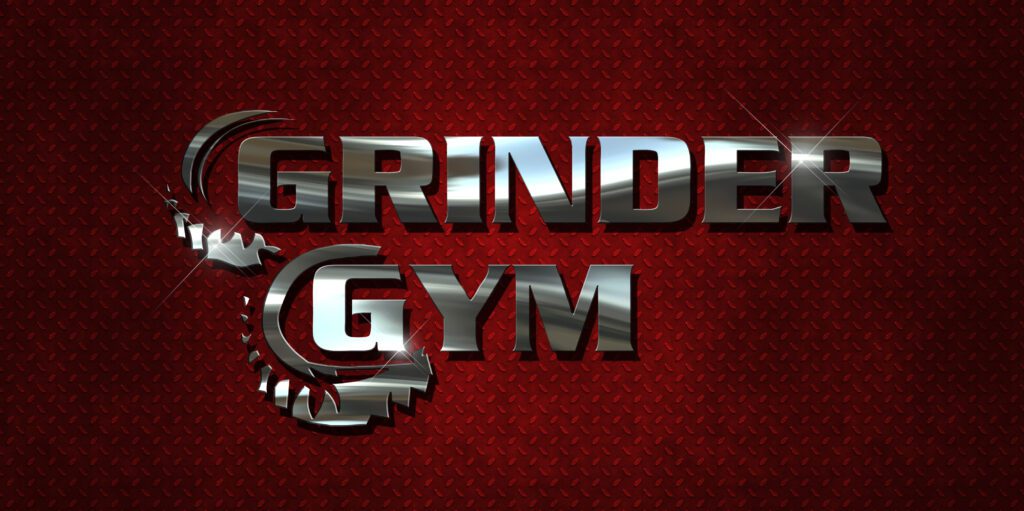Dive into the science of human movement with our Kinesiology section. Understand how the body’s muscles, bones, and joints work together to produce motion. Explore detailed analyses of different exercises, biomechanics, and the principles of movement efficiency. Gain insights into injury prevention, rehabilitation techniques, and performance enhancement strategies. Whether you’re an athlete, coach, or fitness enthusiast, this section provides valuable knowledge to optimize your physical activity and improve your overall fitness outcomes.
Kinesiology Sub-disciplines
- Biomechanics
- Muscular Anatomy
- Exercise Physiology
- Neuromuscular Physiology
- Sport Psychology
- Motor Development
- Motor Control
- Sport History
- Sport Sociology
The 4 Core Characteristics of Movement
Motion
The change in position of an object with respect to time. It is described through various parameters, including velocity, acceleration, displacement, and trajectory. [Read more…]
Force
The interaction that causes an object to change its state of motion or shape. It is a vector quantity, having both magnitude and direction, and is measured in newtons (N). [Read more…]
Energy
It exists in various forms and can be transformed from one type to another, but the total energy remains conserved in a closed system. [Read more…]
Control
In biological systems, control mechanisms involve complex neural and hormonal interactions, while in engineered systems, control is achieved through feedback loops and algorithms. [Read more…]
The ABC’s of Kinesiology
In the field of sport and exercise psychology, kinesiologists study the “ABCs,” which stands for affect, behavior, and cognition. These components together help understand the psychological influences on physical activities.
Affect
Affect in sport and exercise psychology refers to the range of emotions and feelings that individuals experience in relation to their physical activities. [Read more…]
Behavior
Behavior in sport and exercise psychology refers to the observable actions and reactions of individuals in response to physical activity. [Read more…]
Cognition
Cognition in sport and exercise psychology refers to the mental processes involved in gaining knowledge and understanding through thought, experience, and the senses. [Read more…]
Mechanics
- Lever
- Wheels and Axles
- Pulleys
- Cams
- Incline Plane
- Gears, belts, and chains
- Torque
- Sports Conditioning
- Angle of Pull
- Alignment
- Errors
Exercise Analyses

Squat Analyses
Learn the form, technique, effect, history, and variations of the Squat. [Read more…]
Bench Press Analyses
Learn the form, technique, effect, history, and variations of the Bench Press. [Read more…]
Deadlift Analyses
Learn the form, technique, effect, history, and variations of the Deadlift. [Read more…]
Structure & Function
Muscle Directory
This directory serves as an essential resource for anyone interested in anatomy, fitness, rehabilitation, or sports science. [Read more…]

Articulations
Each joint in the body allows for specific types of movements, which contribute to our overall mobility and functionality. [Read more…]

Skeletal System
The skeletal system is the body’s framework, consisting of bones and connective tissues. [Read more…]
Kinesiology Impairments
Weakness: A Comprehensive Review as a Kinesiology Impairment
Weakness refers to a reduction in the strength of one or more muscles, leading to diminished ability to generate force and perform physical activities [Read more…]
Flexibility: A Comprehensive Review as a Kinesiology Impairment
Flexibility refers to the ability of a muscle or group of muscles to lengthen passively through a range of motion. [Read more…]
Posture: A Comprehensive Review as a Kinesiology Impairment
Postural impairments can significantly impact musculoskeletal health, daily function, and overall quality of life. [Read more…]


